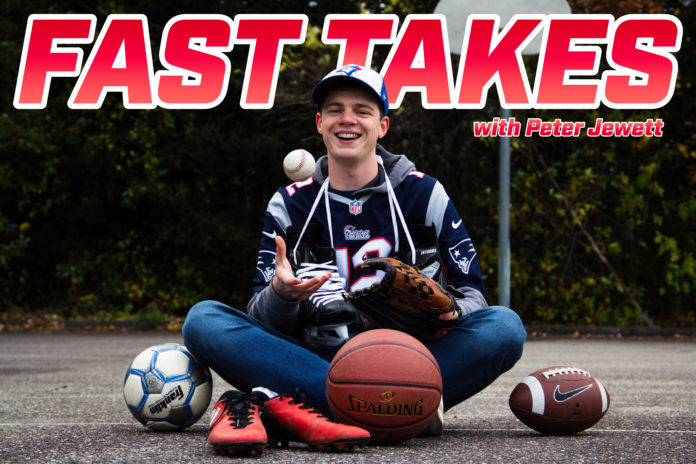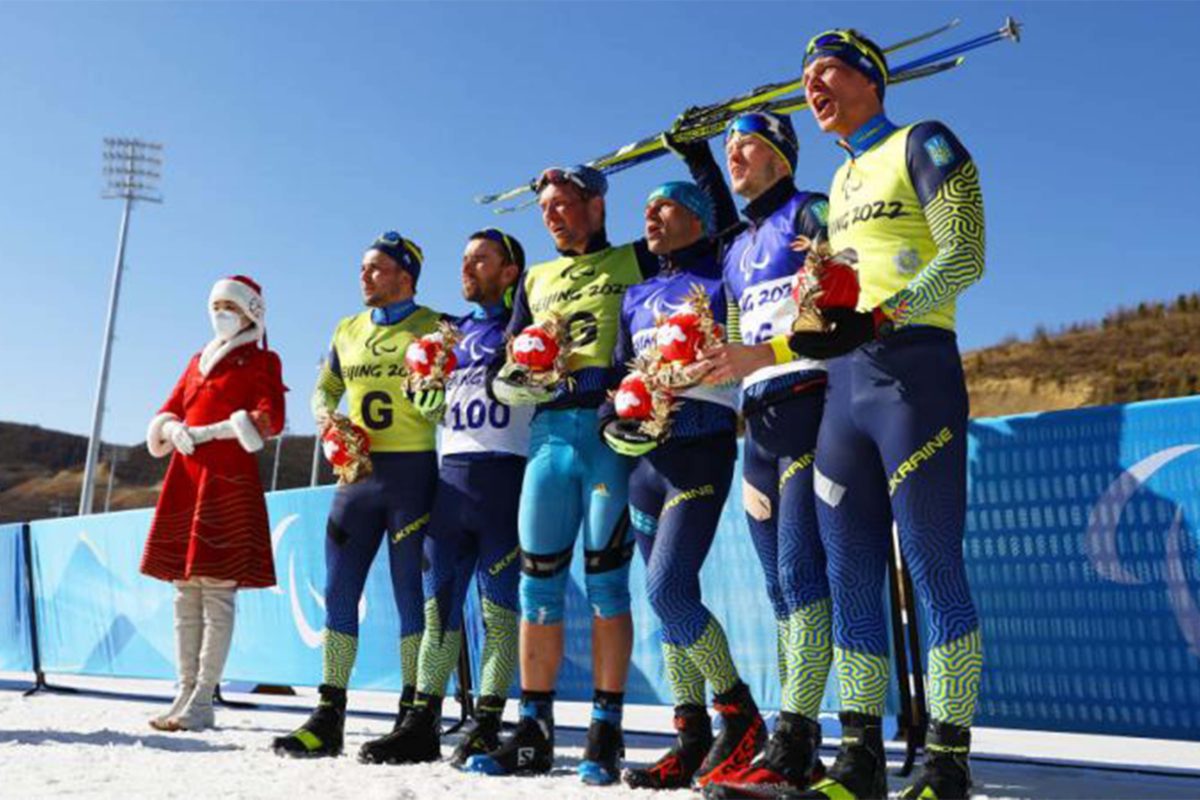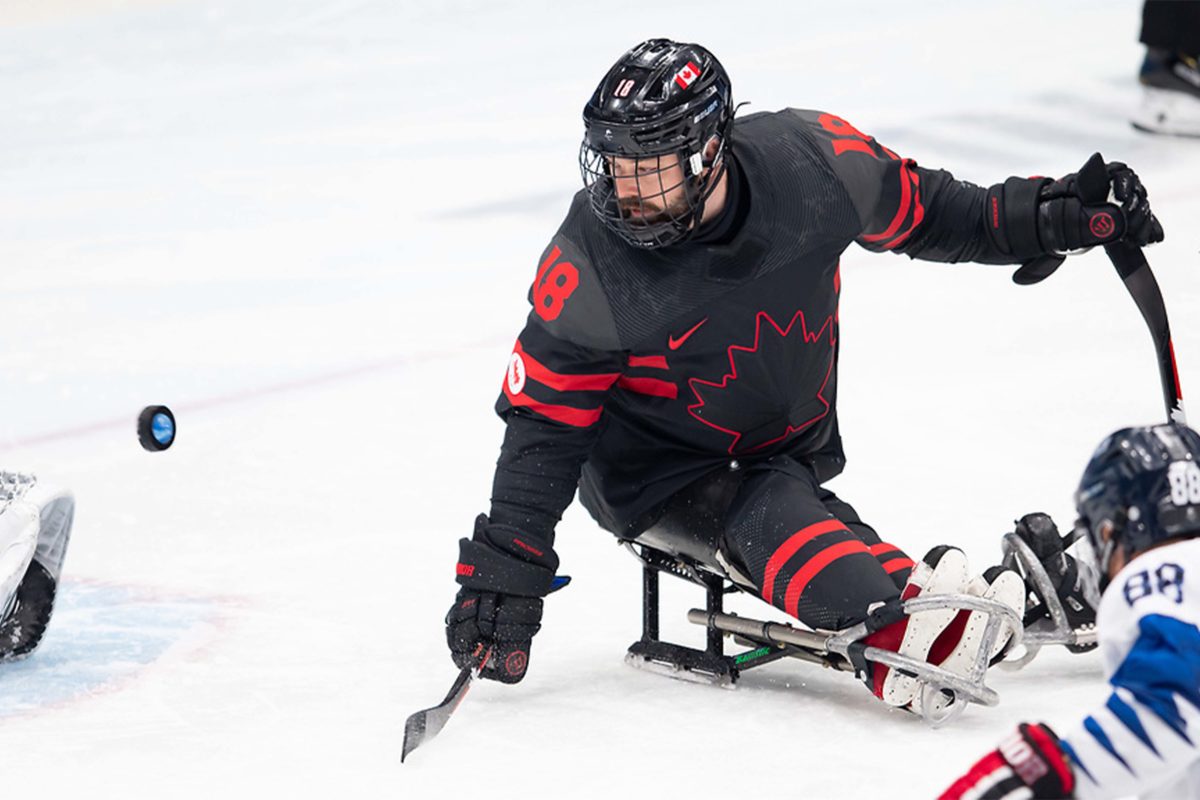
A week ago, the Beijing 2022 Paralympics wrapped up. The ten day spectacle displayed 78 events across six sports: alpine skiing, biathlon, cross-country skiing, para ice hockey, snowboarding and wheelchair curling. Over 500 athletes from 46 countries descended upon the same facilities that the Olympic games used just weeks before.
Canada’s athletes brought home 25 medals, including eight gold. The only countries to collect more medals were China and Ukraine, with 61 and 29 medals, respectively.
The events were tainted by the Russian invasion of Ukraine. Only hours before the opening ceremonies, the International Paralympic Committee banned Russian and Belarusian athletes from participating in the games.
Ukrainian athletes, on the other hand, performed tremendously. The country’s best ever performance at a Winter Paralympics included a podium sweep in both the men’s visually-impaired biathlon sprint event and the women’s middle distance standing biathlon.

Recap aside, I want to dig a little deeper into the Paralympics. Why don’t the Paralympics get the same level of exposure and fandom that the Olympics do?
Paralympians work just as hard as Olympians, if not harder. And while their efforts are inspiring, they’re still subject to discriminatory practices and structures that make training and competing difficult.
When a medal-winning Canadian Olympian comes home, they’re rewarded financially. A gold medal nets $20,000, a silver $15,000 and a bronze $10,000. Not to mention the potential sponsorship deals and endorsements that come with winning a medal. That’s a nice chunk of change!
Winning a Paralympic gold nets you exactly $0.
Some countries have worked to address this issue. The United States gives equal prize money to Olympic and Paralympic athletes, but some countries just don’t give money to either group of athletes. In Canada, senator Chantal Peticlerc is working to change this. As one of Canada’s most decorated athletes ever, with 21 Paralympic medals, she could have made $375,000 for her podiums. She didn’t make a cent.
At the Tokyo 2020 Summer Paralympics, some personal care assistants (PCAs) were banned from attending the games. When host country Japan was trying to cut down on people attending the games due to COVID-19, these PCAs were labelled as nonessential staff and therefore unable to travel to Tokyo. Because of this decision, United States deaf and blind swimmer Becca Meyers withdrew from the games.
The London 2012 Paralympics weren’t broadcasted at all in Canada. At the 2022 Beijing Olympics, official Canadian broadcaster CBC boasted that it would provide 3,775 hours of coverage over the 19 day event. Luckily this has changed – though the Paralympics still do not receive the same amount of coverage or hype that the Olympics do.
Expensive equipment and accessibility issues are another problem for disabled athletes and having access to less funding doesn’t make these issues any easier.
These are just some of the injustices that Paralympians must persevere through. There are certainly countless other promising para-athletes who aren’t able to reach Paralympian status because of these circumstances.

This is without mentioning the other inequalities athletes have pointed out. For example, there still isn’t a women’s para ice hockey tournament at the Paralympics. Six-time Canadian Paralympian Billy Bridges thinks it’s about time for that to change. Paralympians are classified by their disability to fit into one of six categories. Some believe athletes are going to drastic ends to be placed in a more advantageous category.
I’ll be the first to admit I’m guilty of spending copious amounts of time following the Olympics and then totally forgetting about the Paralympics. But it’s not entirely the consumer’s fault. Sponsors, host nations, Paralympic committees, broadcasters and influencers are all at fault.
If we want all athletes to have equal opportunity, our Paralympians must be recognized for the incredible things they accomplish. Things are improving. But there is still much work to be done for equal treatment for all athletes.
